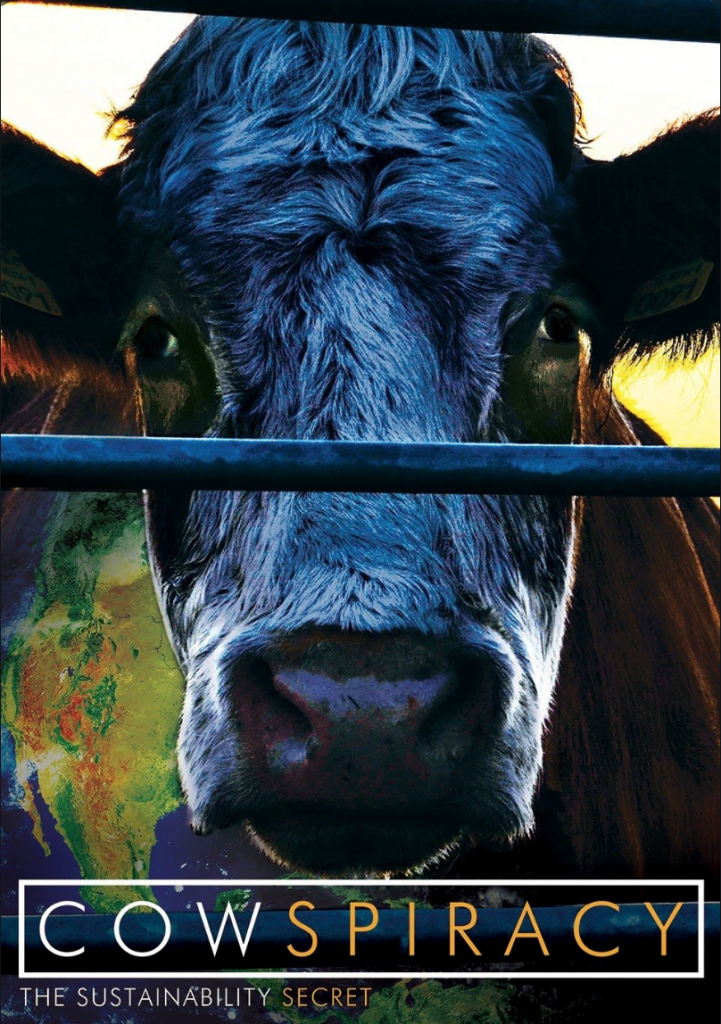Effects of Global Agriculture on World Culture was one of the first sustainability related classes I took after switching majors from journalism to agricultural communications. I took it in the spring of 2018 with Dr. Brian Kiepper, and I’ve been interested in the history of humans related to food systems ever since (especially since examining past events and processes can lead to making more sustainable decisions moving forward regarding food systems).
Overall, this class brought a very broad perspective to the table, as Dr. Kiepper helped us understand how everything is connected on a global scale. We learned about the intricate evolution of humans overtime and how agriculture played an essential role in that evolution, as organized cultivation of food was what led to social systems, stricter gender roles, specialization of work, government, wars, etc. The effects of agriculture are still very much evident today, and one major effect, interestingly, is the creation of land grant universities (such as UGA). Thus, higher education is a result of agriculture!
While I truly enjoyed learning about the seemingly endless effects of agriculture, I think what really impacted me the most from this class was the fact that Dr. Kiepper constantly challenged our ways of thinking. He always brought into question why we think about certain things the way we do, such as GMOs or various stereotypes. Another example is how, when we’d watch documentaries, he’d discuss the camera angles, the music, the lighting, etc. and how all those factors are indicators of bias from the producer. Thus, even projects that may seem objective are almost always a little subjective.
One of our final projects, in fact, was about discussing two sides to a “hot topic” or relevant problem in relation to global agriculture. We had to find a group of teammates and create a poster portraying this information and present it during a poster symposium at UGA’s Memorial Hall. My team and I decided to discuss the argument surrounding GMOs, and it was so interesting to find out the supporting evidence behind both sides.
In conclusion, ever since this class, I’ve made sure to be conscious of what I read, listen to and watch, because almost everything, especially in the media, is subjective in one way or another. I think this is an extremely important aspect of sustainability- learning to pay attention to what is fact and what is opinion. I think, specifically, this ties into the social aspect of sustainability, because in politics, for example, people will try to skew the facts one way or another to get what they want, while in reality, there is a problem at hand that needs to be considered objectively in order to be properly and sustainably solved. Moving forward, I want to make sure I always know the facts about whatever topic, subject or organization I’m working with, and I want to make sure my work is honest, revealing, and empathetic.
I believe the documentary we watched was Cowspiracy, and there is definitely some evidence of bias in this film once you really examine it.

